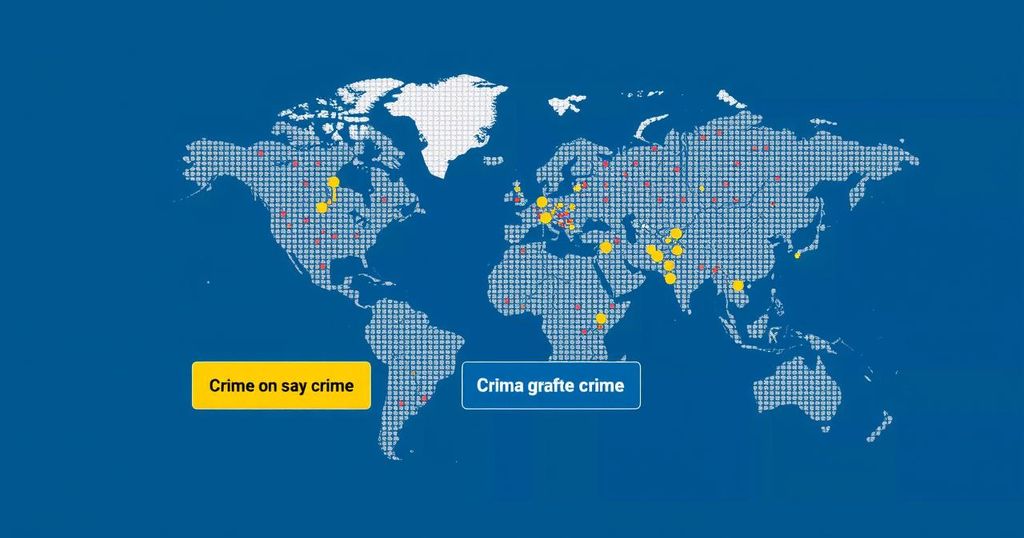Uruguay’s recent elections reflect a rejection of extreme crime-fighting measures, highlighting a preference for reform-oriented strategies. Despite rising crime rates, voters chose candidates who promised solutions without compromising democratic principles. The country’s historical context, including its past military dictatorship, influences its moderate approach, prioritizing civil liberties while addressing public safety concerns. This approach sets a significant precedent for other Latin American nations facing similar challenges.
Uruguay is witnessing a significant shift in its political landscape regarding crime management, as evidenced by the recent presidential elections. The tough-on-crime narrative, espoused by Guido Manini Ríos of the Cabildo Abierto party, failed to resonate with voters, resulting in his party shrinking dramatically in representation. Contrary to many Latin American nations that resort to heavy-handed security policies, Uruguay’s traditional political parties have demonstrated that implementing reasonable crime-fighting strategies can effectively combat the rising tide of violent crime without sacrificing democratic principles. Despite a doubling homicide rate between 2011 and 2018, recent efforts in Uruguay have aimed to bolster public safety through reforms that prioritize responsible governance over militarization and authoritarianism. Memory of past military rule remains fresh, influencing public perception and fostering skepticism toward aggressive policing measures. The current administration under President Luis Lacalle Pou emphasizes intelligence-led policing and social initiatives that target root causes of crime, such as poverty. Unlike other countries that have resorted to states of emergency and the suspension of constitutional rights, Uruguay is paving a different path by gradually enhancing its law enforcement capabilities while respecting civil liberties. The rejection of extreme measures in favor of reform-oriented approaches highlights the resilience of Uruguay’s democratic institutions and the public’s preference for maintaining the rule of law amidst growing fears of crime.
Uruguay’s political environment is marked by an increase in violent crime, a trend mirrored in many Latin American countries. However, the response in Uruguay has diverged from the heavy-handed approaches seen elsewhere, such as in El Salvador or Honduras, where governments impose states of emergency and suspend civil rights in the name of security. Uruguay’s historical backdrop, including its experience with military dictatorship, shapes its current stance against militarization of crime-fighting. Political decisions are increasingly leaning towards reformative measures that do not compromise democratic values, providing a model for handling crime that maintains public confidence in democracy while addressing safety concerns.
The political dynamics in Uruguay’s recent elections illustrate a nuanced response to rising crime rates, favoring democratic resilience over authoritarianism. Uruguay’s commitment to reform-oriented strategies, which focus on the underlying causes of crime without undermining civil liberties, positions it as a significant example for other nations grappling with similar challenges. As other Latin American countries wrestle with violence and demands for security, Uruguay’s experience showcases the potential for effective governance that upholds the rule of law while addressing public concerns about safety.
Original Source: foreignpolicy.com






